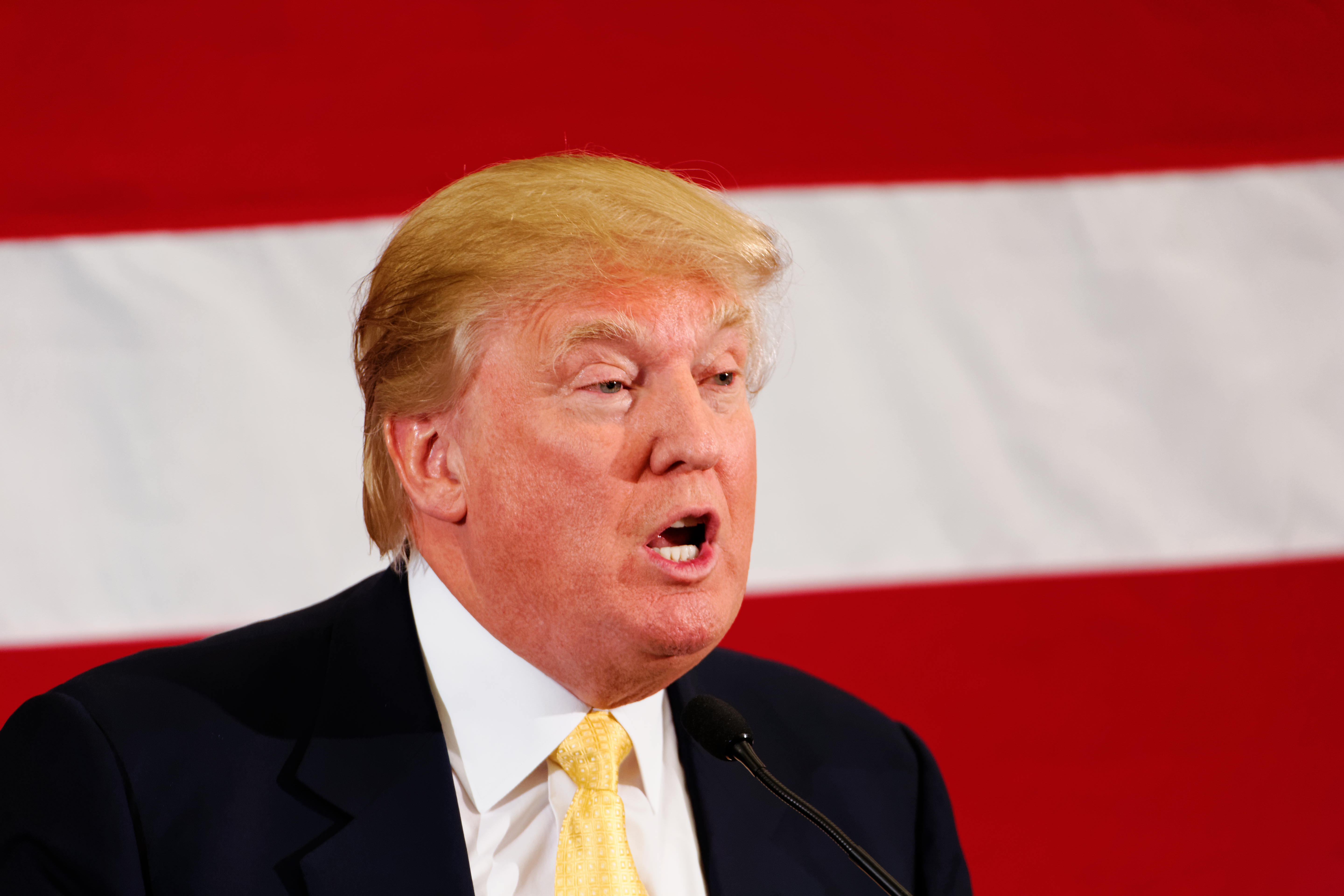
 Stomachs all over the country drop when President Donald Trump makes headlines. Personality notwithstanding, his policy divides his own party, confuses Americans and often works against his base’s interests. Despite his polarizing views and divisive actions, there are some things that are not partisan issues — and the right to high-quality education is one of them.
Stomachs all over the country drop when President Donald Trump makes headlines. Personality notwithstanding, his policy divides his own party, confuses Americans and often works against his base’s interests. Despite his polarizing views and divisive actions, there are some things that are not partisan issues — and the right to high-quality education is one of them.
Jan. 30 marked Trump’s first State of the Union. As with many things relating to his presidency, the expectations were low. The president spent a significant amount of his speech promoting his “America First” campaign — and about halfway through one of the longest speeches in SOTU history, it hit that a huge talking point was missing: education.
Former President Barack Obama always made it a point to address the cost of education and promote his ideas (even if they didn’t come to fruition) on how to make college more affordable. In his 2013 State of the Union address, he said the word “education” 13 times. 13! Trump didn’t even mention school choice — something he and U.S. Secretary of Education Betsy DeVos promoted to the moon and back.
All Trump could comment on about our education system and its students was, “Let us open great vocational schools so our future workers can learn a craft and realize their full potential.” I would have thrown him a bone on that one — vocational training is something deeply ignored and vastly underfunded — but this statement is inconsistent with his plan to cut vocational training in his 2018 budget. Sad!
The president is so detached from his constituents that he doesn’t know what it means to receive higher education. A theory is that he views the liberal slant of universities as a personal affront and to address that population would do a disservice to himself. If that’s the case, he’s right: Many graduates tend to have liberal leanings, but that shouldn’t change the fact that the cost of tuition rises annually, students are drowning in debt after graduation and some families still can’t afford to send their children to college at all.
But how would this president understand what these issues even mean? He’s never had to face the consequences of debt. He didn’t have to work part-time when he went to college. He didn’t even need merit to get himself into Wharton. This is the same man who got a “small loan of a million dollars” from his father — a million dollars few parents have. His cabinet is the richest in American history, his children paid their way into the Ivy League and he has no concept of what it means to fight an uphill battle to change one’s circumstances. Any battles he faced were resolved monetarily. Ours, on the other hand, are resolved through education.
Not only does Trump’s entitlement present itself in the most unbecoming way, he’s also severely out of touch. For him, education was an experience to check off a box — for us, it’s the ticket to a better life. Trump does not understand this, and he resents any American who strives to better their life through higher scholarship.
No matter how long one has stayed in this country, education is a right — it’s what makes America great. The dream of good education is often the driving force for many immigrants and refugees. These people are willing to leave everything behind, take great personal and financial risk and start over — just for what this country’s institutions of higher education have to offer.
And education is not just something new folks who come to this country strive for — American families who’ve lived here for generations understand the value of high-quality education and bend over backward to make sure their children go to the best schools and have the best opportunities. Good education is not a partisan issue, and it worries me that our commander-in-chief doesn’t believe it’s worth even a few minutes of his time.
Since his inauguration in 2017, the American public has understood that sensationalism and drama seize our president’s attention. As students, we wonder what the future has in store for us. But the struggle of the future writers, doctors, lawyers and teachers of America is not as exciting as nuclear warfare or insulting political commentators on television. Why would our President care for these silent homefront battles? His address signals that he does not have our interests at heart — they’re barely on his mind. If he has one.
Written by: Samvardhini Sridharan — smsridharan@ucdavis.edu
Disclaimer: The views and opinions expressed by individual columnists belong to the columnists alone and do not necessarily indicate the views and opinions held by The California Aggie.




